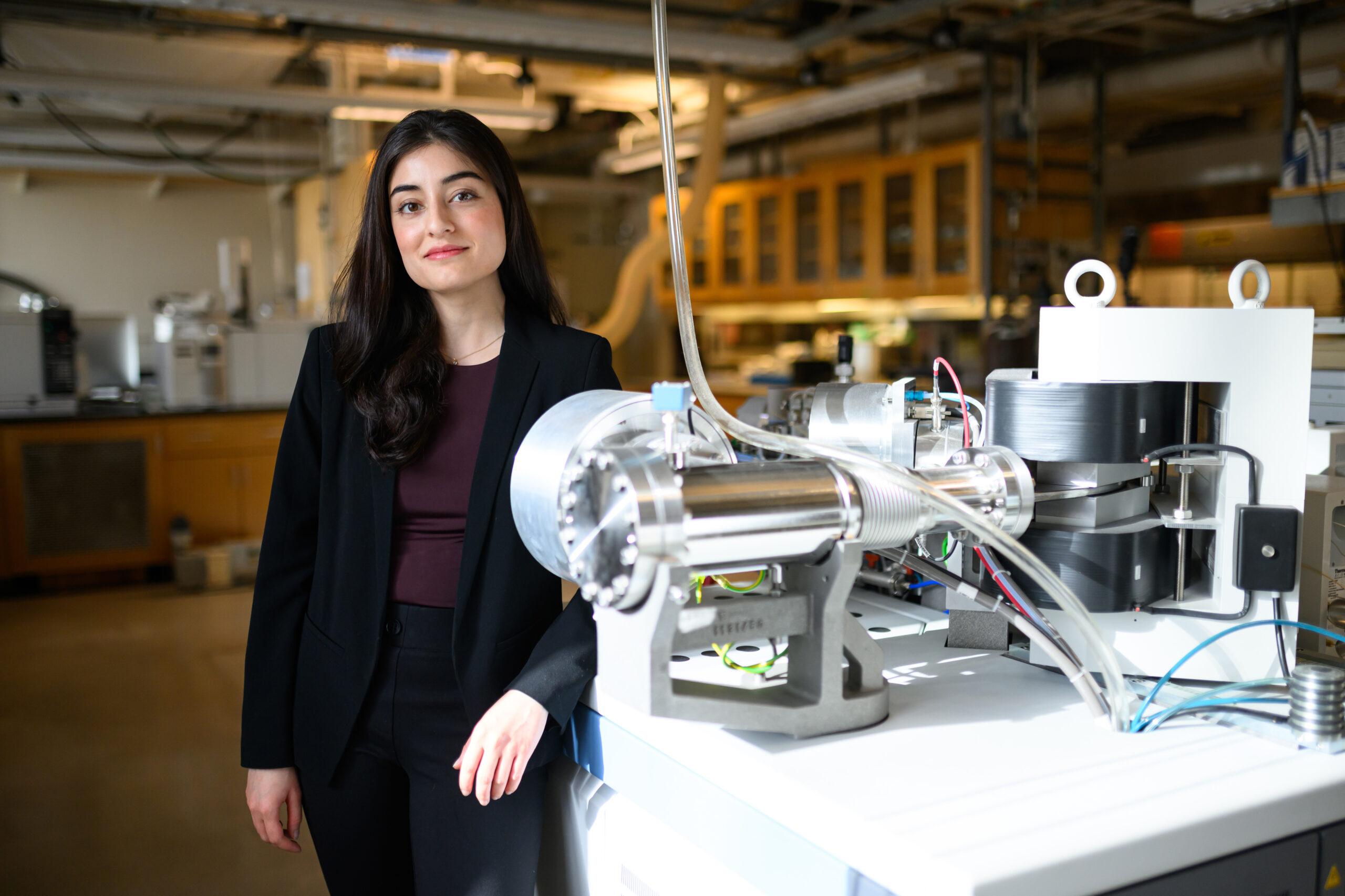During this summer, a team of students from MIT embarked on a journey to the sou …
Exploring the past through geology and genetics
Carlos Changemaker

Fatima Husain grew up in the heartland of the Midwest, surrounded by vast fields of corn and soybeans. She found beauty in this agricultural landscape and developed a love for gardening during her childhood. Husain, now a fourth-year doctoral candidate at MIT, credits her early experiences with gardening for sparking her interest in science, particularly in geology and geochemistry.
Her passion for science has persisted throughout her academic career. As a graduate student in MIT’s Department of Earth, Atmospheric and Planetary Sciences, she focuses on studying the fossil and genetic records of ancient and modern life forms to gain insights into the history of life on Earth.
Husain’s journey into the field of geology and geochemistry began during her undergraduate years at Brown University. A guest lecture by a biogeochemist inspired her to pursue a major in geochemistry, a decision she has never regretted. She also developed a strong interest in science writing and journalism, recognizing the importance of effectively communicating scientific knowledge to the public.
To enhance her writing skills, Husain took nonfiction writing classes and worked as a science writer and editor for her school newspaper. She decided to pursue a graduate program in science writing at MIT to further refine her skills and gain experience in various forms of media, including print, video, podcasting, and radio.
During her time at MIT, Husain has had the opportunity to work as a writing intern for MIT News and as a Curiosity Correspondent for the MIT-Nord Anglia Education Collaboration. She has also been involved in science journalism projects such as hosting the monthly webinar series MIT Abstracts and co-founding the podcast BIOmarkers.
After completing her master’s thesis, Husain felt a strong desire to return to research and laboratory work. She chose to pursue her Ph.D. at MIT, where she joined the lab group of Roger Summons, a renowned geobiologist. Her research focuses on studying the fossil and genetic records of organisms to investigate the evolution of life on Earth throughout its history.
Husain’s current research involves studying the biomarkers of microbes in Antarctic biofilms to gain insights into Earth’s Cryogenian period. She utilizes techniques from chemistry, such as chromatography and mass spectrometry, to isolate and analyze microbial lipids, which provide evidence of ancient life preserved in geological formations.
Additionally, Husain employs molecular clocks and genetic sequencing to understand the evolution of different species and metabolic processes, including aerobic respiration. Her research has applications in astrobiology, the study of potential life beyond Earth.
As a teaching assistant for a course on science, politics, and environmental policy, Husain aims to help students improve their writing skills to effectively communicate about important scientific and policy issues.
In the future, Husain plans to continue combining her scientific expertise and communication skills to tackle complex environmental problems. She also hopes to create supportive environments for aspiring scientists and communicators, sharing the opportunities that have shaped her own journey.


